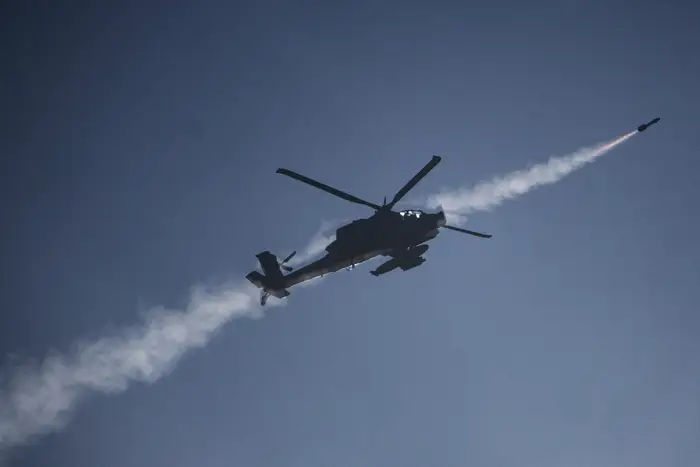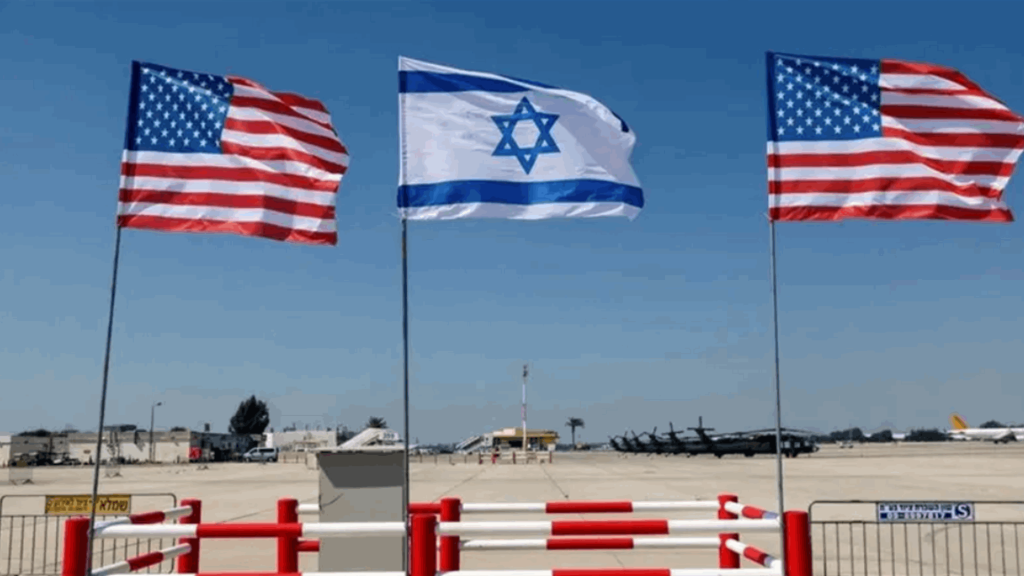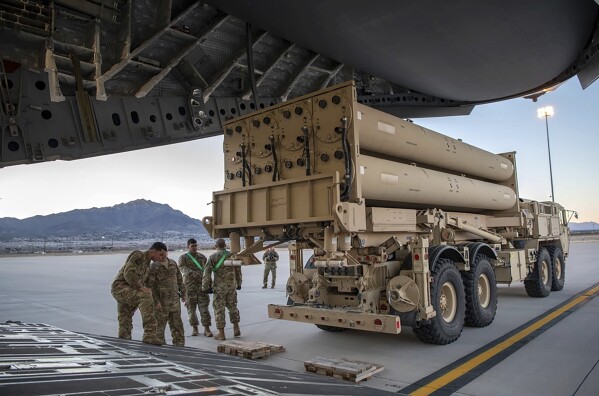The United States announced on Sunday that it will deploy U.S. troops to Israel alongside an advanced U.S. anti-missile system, marking a rare military move aimed at bolstering Israel’s air defenses after a barrage of missile attacks from Iran. This decision comes in the wake of escalating tensions between Israel and Iran, particularly after Tehran fired more than 180 missiles at Israel on October 1st. President Joe Biden emphasized that the deployment is intended to defend Israel, which is preparing for a potential retaliation. While the U.S. is urging Israel to carefully calibrate its response to avoid igniting a broader conflict in the Middle East, the presence of U.S. forces and missile systems in Israel is a significant show of support.
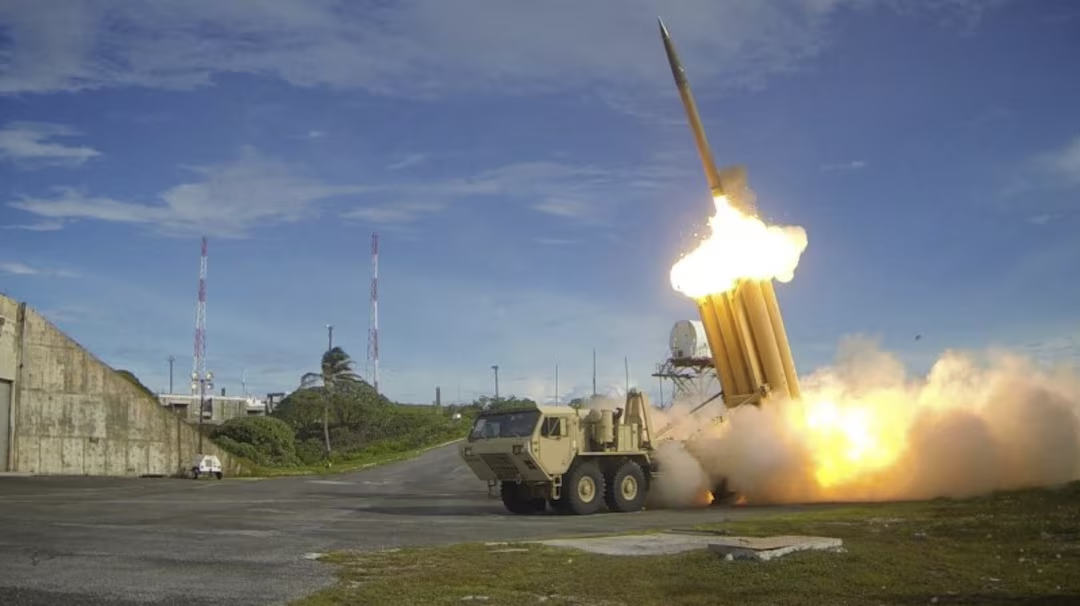
The U.S. military will be deploying the Terminal High Altitude Area Defense (THAAD) system to Israel, a critical addition to Israel’s robust anti-missile defenses. THAAD is designed to intercept short-, medium-, and intermediate-range ballistic missiles and has a powerful radar system that will enhance Israel’s ability to detect and destroy incoming threats. The system consists of six truck-mounted launchers, each equipped with eight interceptors, and typically requires around 100 U.S. troops to operate. The last time THAAD was deployed to Israel was in 2019 for military drills, making this current deployment highly unusual and reflective of the heightened threat environment.
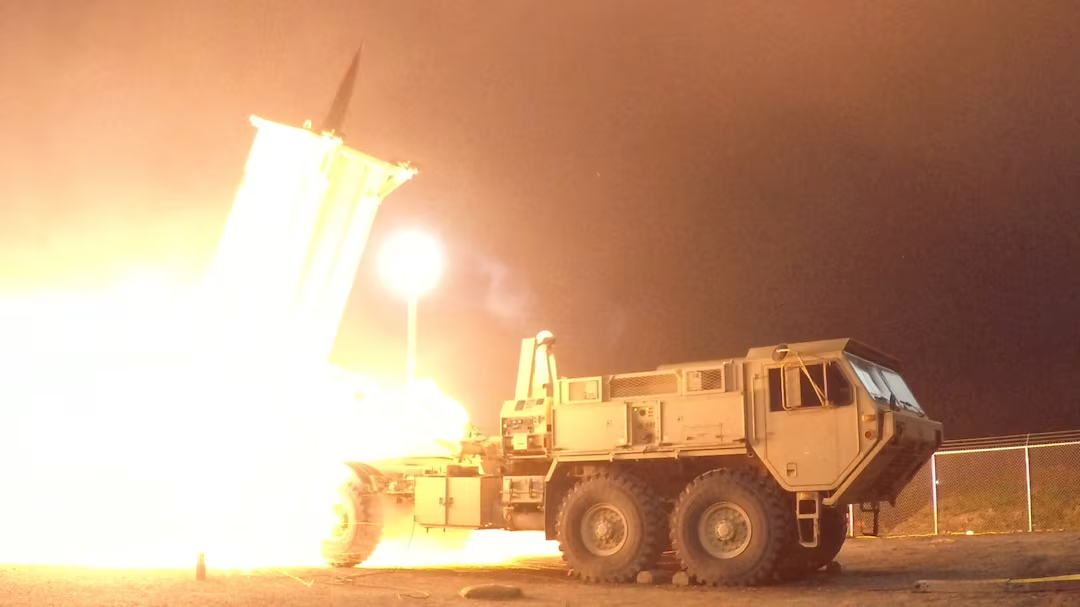
This move is part of broader U.S. military adjustments in the region, according to Pentagon spokesperson Major General Patrick Ryder. The U.S. has already provided air and naval support to Israel in recent months, assisting in its defense during previous Iranian missile and drone attacks. However, the presence of U.S. forces inside Israel is rare, as Israel is well-known for its own military prowess. The deployment of THAAD adds an additional layer to Israel’s air defense, particularly in the face of increasing missile threats from Iran and its proxy groups, such as Hezbollah in Lebanon.
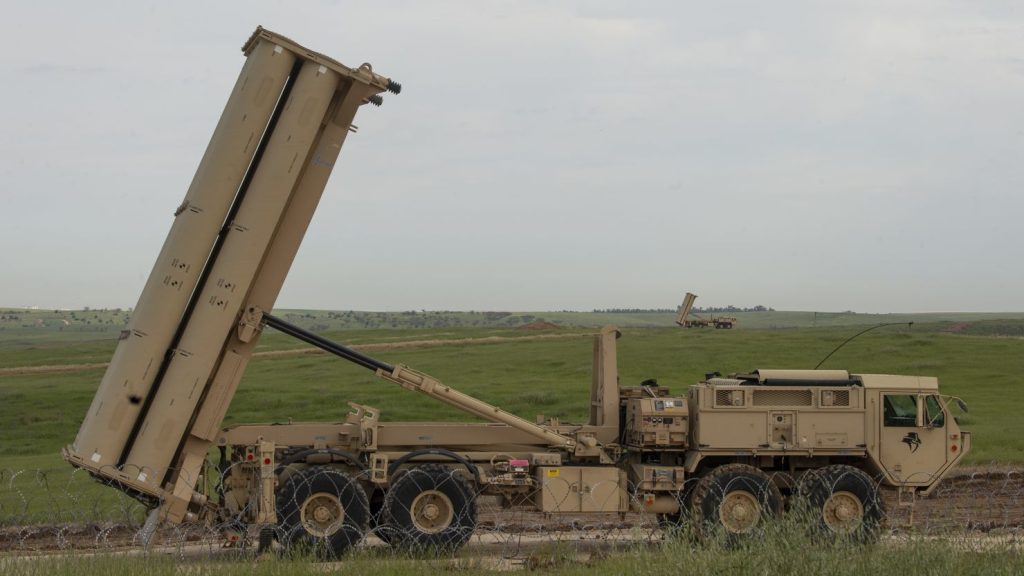
Iran’s response to the U.S. deployment has been predictably hostile. Iranian Foreign Minister Abbas Araqchi warned that the U.S. was putting its troops at risk by sending them to Israel, reinforcing Iran’s position that it will defend itself with no red lines when it comes to its people and interests. Araqchi’s comments come as Iran continues to ramp up its missile activities, having previously launched drone and missile attacks at Israel earlier in the year. Despite this, analysts believe Iran is still keen to avoid a direct war with the United States, meaning the presence of U.S. forces in Israel will play a critical role in its strategic calculations going forward.
The deployment of the THAAD system signifies a major escalation in the U.S. commitment to Israel’s defense amidst rising tensions in the Middle East. With a history of missile interceptions and advanced military technologies, Israel’s defenses are formidable, but the addition of U.S. missile systems reflects the growing complexity of threats in the region. As Israel prepares for a possible military response to Iran’s attacks, and as U.S. forces bolster their presence, the geopolitical landscape remains fragile, with the potential for conflict that could reverberate across the Middle East.
